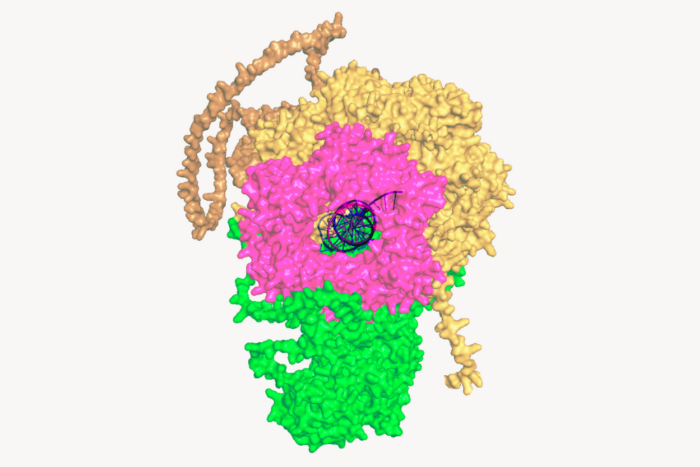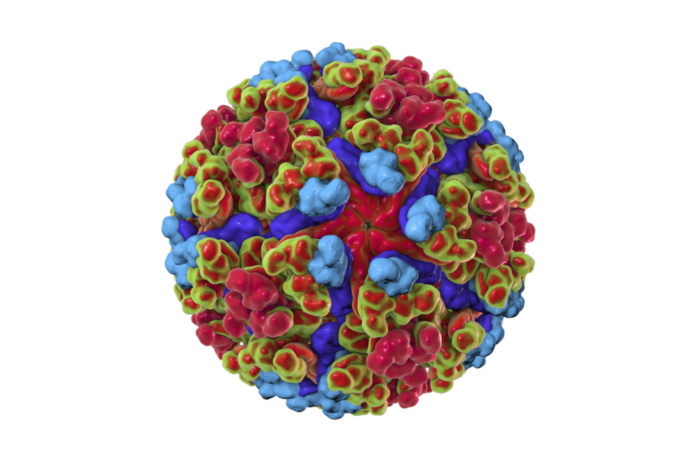Science, education leaders accept honorary degrees
This year’s recipients of honorary doctor of science degrees, Hanna Holborn Gray and Harold E. Varmus, have played major roles in shaping education and science in the United States. Dr. Gray, president emeritus of the University of Chicago, recently retired after 13 years as chairman of the board of the Howard Hughes Medical Institute. Dr. Varmus, a Nobel Prize-winning biologist, is former director of the National Institutes of Health and former president of Memorial Sloan-Kettering Cancer Center. Drs. Gray and Varmus spoke at the June 10 afternoon Convocation ceremony.
 A historian with special interests in the history of humanism, political and historical thought, church history and politics in the Renaissance and the Reformation, Dr. Gray was the first woman provost at Yale University. As the first woman president of the University of Chicago, she became the first woman to serve as the chief executive of a major research university.
A historian with special interests in the history of humanism, political and historical thought, church history and politics in the Renaissance and the Reformation, Dr. Gray was the first woman provost at Yale University. As the first woman president of the University of Chicago, she became the first woman to serve as the chief executive of a major research university.
Dr. Gray received her B.A. from Bryn Mawr College in 1950 and her Ph.D. in history from Harvard University in 1957. She taught at Bryn Mawr and at Harvard before joining the University of Chicago’s faculty in 1961. During her career she was dean of the College of Arts and Sciences at Northwestern University, provost of Yale University and acting president of Yale. In 1978, she returned to the University of Chicago and was its president until her retirement in 1993.
Dr. Gray’s acceptance remarks included an overview of the educational legacy of John D. Rockefeller, who founded both the University of Chicago and The Rockefeller University. “We can both be grateful…to have had a founder who recognized the vital importance of institutional independence and of individual competence and freedom in the development and strength of great centers of learning and discovery,” she said.
Dr. Varmus majored in English literature at Amherst College and earned a master’s degree in English at Harvard University. He graduated from Columbia University’s College of Physicians and Surgeons, worked as a medical student in a hospital in India, and served on the medical house staff at Columbia-Presbyterian Medical Center. His scientific training occurred first as a Public Health Service officer at the NIH and then as a postdoc at the University of California, San Francisco.
Much of Dr. Varmus’ scientific work was conducted during 23 years as a faculty member at UCSF Medical School, where he and his colleagues demonstrated the cellular origins of the oncogene of a chicken retrovirus. Dr. Varmus is also widely recognized for his studies of the replication cycles of retroviruses and hepatitis B viruses, the functions of genes implicated in cancer and the development of mouse models of human cancer.
Dr. Varmus’s remarks explored the tension that is inherent in scientific research: the competing goals of trying to make one’s mark as a scientist while the scientific community as a whole validates a discovery through consensus. “Ultimately, the goal is to help shape the way the community thinks, our current views of nature, and to establish values in science we as a community can espouse,” Dr. Varmus advised.


